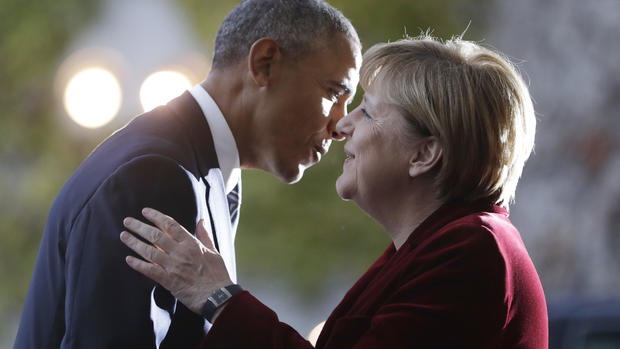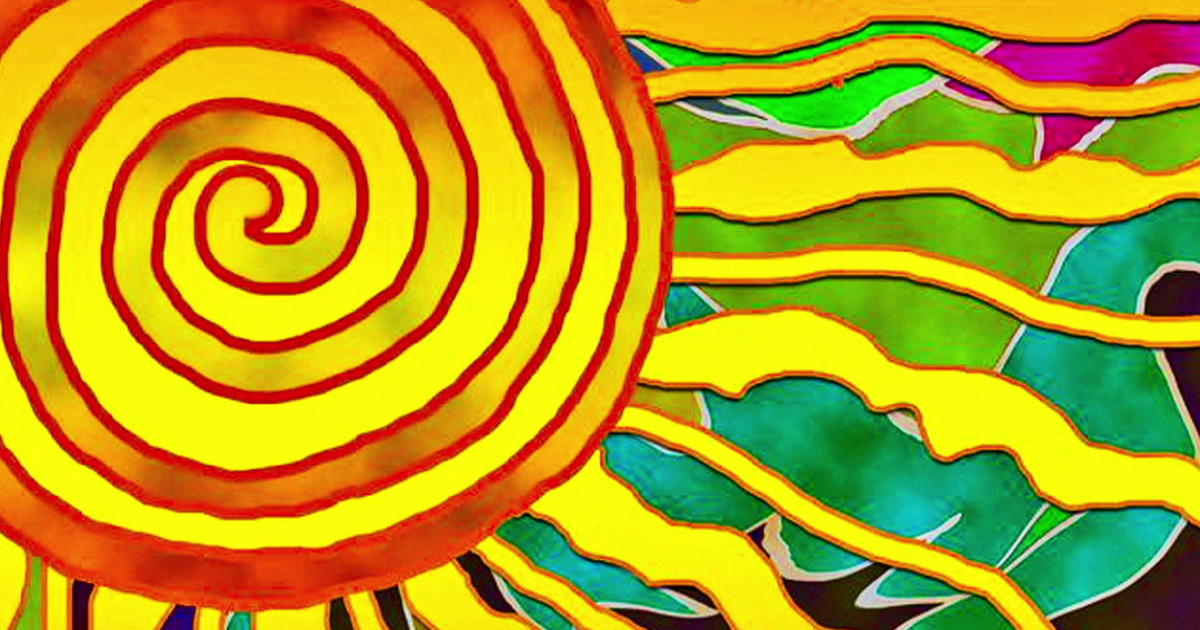Ta-Nehisi Coates on rise and impact of the first African-American president
With just five and a half weeks left of President Obama’s presidency, writer Ta-Nehisi Coates is reflecting on his ascendance to the highest office in the land and his impact as the nation’s first African-American president.
In his new cover story in The Atlantic, “My President Was Black: A history of the first African American White House – and of what came next,” the national correspondent writes: “Obama’s greatest misstep was born directly out of his greatest insight.”
That “greatest insight,” Coates explained on “CBS This Morning” Tuesday, was that “it was possible for the country to elect a black president.”
“That indeed, you know, the barrier of white supremacy actually could be vaulted by a special individual – him, specifically. But that actually I think, also caused him to underestimate the force of it,” Coates said.
Born and raised in Hawaii – far from the legacy of Jim Crow – by his white mother, Ann Dunham, and her parents, Mr. Obama, Coates said, was able to do what few black Americans could because of his “unique” upbringing.
But Coates writes that Mr. Obama could “never have succeeded along normal presidential lines” because he struggled with finding a partner, or partners, in Congress.
“Traditionally, I think the president came into office thinking… that he basically would work with Congress… and they would work together and you would have this series of legislation that would be the result of compromise. That did not actually happen,” Coates said. “Folks didn’t even want to come to the table.”
‘But why didn’t he come to the table?” co-host Charlie Rose asked.
“If you look at the long view of history, after 40 or 50 years, increasingly, the parties have become racialized,” Coates said. “So if you go to certain southern states and you look at the state legislature, I mean the Democratic Party is basically a black party, the Republican Party is basically a white party. And that sort of thing filters up from the base.”
“But to say that the Republicans’ opposition to Obama was based on race is not entirely fair,” co-host O’Donnell said, noting there were “significant policy differences.”
“I wouldn’t say completely,” Coates said.
Coates responded that while “the force of racism” is complicated, “I think it’s very, very hard to ignore it,” citing examples of times when the president had been the target of racially-tinged rhetoric. For example, during a 2009 address on health care, Republican Congressman Joe Wilson disrupted the president’s speech, yelling out “You Lie!” Former vice-presidential candidate Sarah Palin described his foreign policy as “shuck and jive schtick,” and Newt Gingrich called him the “food stamp president.”
“When you start hearing this over and over and over again, this has some input. You’re right, it’s not the only thing, but the fact that it is a thing, I think is objectionable to a lot of people,” Coates said.
Coates also discussed the challenges Mr. Obama faced in addressing topics of race.
“You really had to struggle to find an individual who would be able to deal with the great difficulty of having to speak to a majority white country while himself being rooted in a black experience about race,” Coates said.
For example, in July 2009, the president was criticized for saying an officer had “acted stupidly” when he arrested Harvard professor Henry Louis Gates Jr. while Gates was trying to get into his own house. But he’s also been criticized for not talking about race enough. Coates said there was “very little evidence” that that would’ve helped.
Coates has written about President Obama throughout his presidency and spent more than four hours talking to him for his new cover story.
“What did you learn about him that you didn’t know going into these sessions that you spent with him?”
“It was more like I suspected things and almost all of it was confirmed,” Coates said. “And again, I say this with all of my criticism and disagreements… he’s sincere. He’s deeply, deeply sincere. The optimism is not a joke... I think he really, really believes in the resiliency of the American people.”
“And has he lost that optimism?” Rose asked.
“No. No,” Coates said.
“You call him a deeply moral human being, and one of the greatest presidents in American history,” O’Donnell said.
“Yeah, I believe that. I believe that. Very much so,” Coates said




